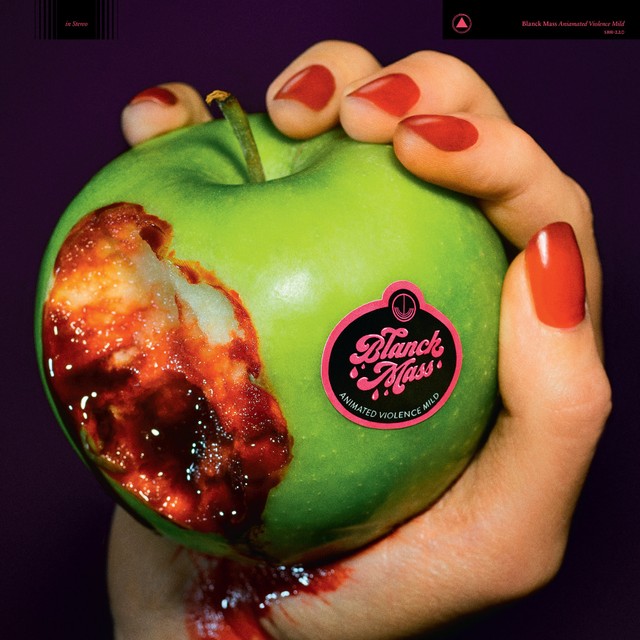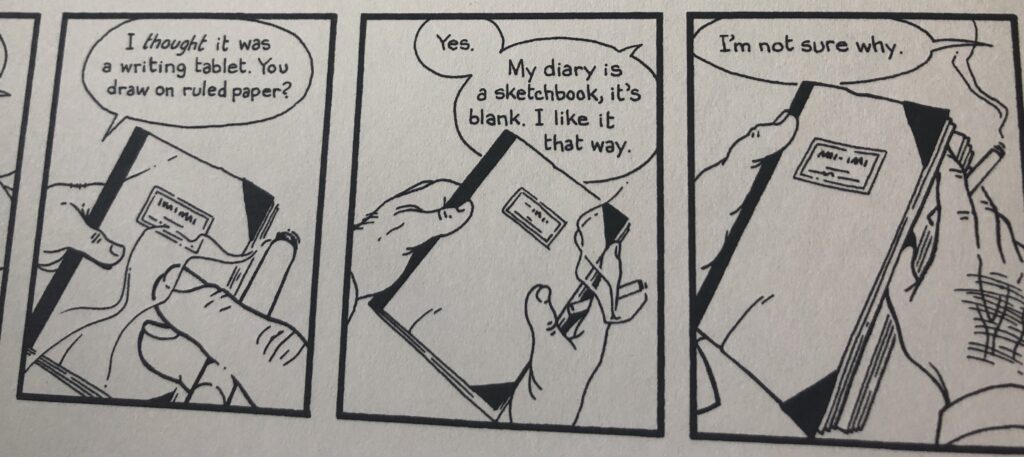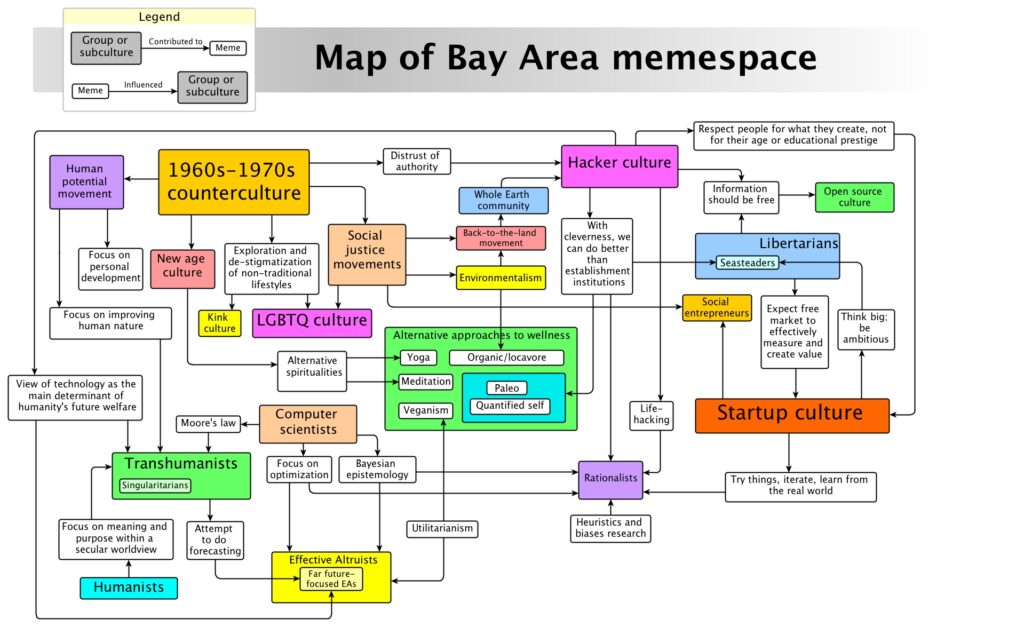
Blanck Mass



Är måttligt intresserad av Peter Sloterdijk, men nånting med den där fetade meningen nedan, från en recension av en ny bok av honom, väckte mitt intresse:
[S]loterdijk’s books are almost reckless in their pursuit of the untrodden.
Most exemplary in this respect is Spheres – Sloterdijk’s 2,500-page history of spheres, circles and enclosed spaces. Less an argument than an intricate web of allusions and associations, this trio of books defies easy summary.
Times Literary Supplement, “Spheres and trembling” (betalvägg), 19 juni 2019
Har tittat klart på Chernobyl. Den är en studie i agnotologi, vad det verkar.
danah boyd skriver om denna motsats till epistemologi:
Epistemology is the term that describes how we know what we know. Most people who think about knowledge think about the processes of obtaining it. Ignorance is often assumed to be not-yet-knowledgeable. But what if ignorance is strategically manufactured? What if the tools of knowledge production are perverted to enable ignorance? In 1995, Robert Proctor and Iain Boal coined the term “agnotology” to describe the strategic and purposeful production of ignorance. In an edited volume called Agnotology, Proctor and Londa Schiebinger collect essays detailing how agnotology is achieved. Whether we’re talking about the erasure of history or the undoing of scientific knowledge, agnotology is a tool of oppression by the powerful.
danah boyd, “Agnotology and Epistemological Fragmentation“, 26 april 2019
(Gustav Holmberg uppmärksammade den där boken av Proctor & Schiebinger när det begav sig 2008)
Kokboksförfattaren Nigel Slater har en ny bok ute – Greenfeast – och i ett utdrag berättar han om sitt matnoterande:
There is a little black book on the kitchen table. Neatly annotated in places, virtually illegible in others, it is the latest in a long line of tissue-thin pages containing the hand-written details of everything I eat. This is not one of the kitchen chronicles where I write down recipe workings and shopping lists, ideas and wishlists, but a daily diary of everything that ends up on my plate. If I have yoghurt, blackcurrant compote and pumpkin seeds at breakfast, it will be in that little book. Likewise, a lunch of green lentils and grilled red peppers, or a dinner of roast cauliflower and a bowl of miso soup. Each bowl of soup, plate of pasta and every mushroom on toast is faithfully logged. I don’t know exactly why or when I started noting down my dinner, but these little books are now filled in out of habit as much as anything else. The notes are often made at night, just before I lock up and go to bed. I suspect my little black books will be buried with me.
Nigel Slater: 10 recipes from my little black book, The Guardian 19 maj 2019
En artikel som Ingela tipsar om – “Gitarrkillen som försvann” – resonerar med det jag skrev häromsistens:
Mycket tyder på att det inte är gitarrocken som har dött utan att alla andra genrer har exploderat.
Jag fastnade tydligen för ‘the extinction symbol’ för ca 6 år sedan, men i ärlighetens namn vet jag inte om jag uppfattade symboliken med timglaset i mitten. Tyckte mest att den hade något i sin enkla, närmast anarkistiska, estetik. Hur som helst så får man inte månfaldiga den och sälja den till andra, något som Jason Kottke funderar över det rimliga i.
Min uppfattning om genrer inom musik är förvirrad, eller har åtminstone blivit allt mer rörig med åren. Det kan också bero på att – i takt med att tiden går och att retromanin blir allt mer utbredd – genre är överspelat.
Jag har den senaste tiden lyssnat en hel del på tre artister: Mitski, Nilüfer Yanya och Cherry Glazerr. Det är musik bortom genre.

Julia Galefs försök att kartlägga den ‘memrymd’ som har sitt säkerliga ursprung vid San Francisco-bukten är tankeväckande, inte minst med tanke på hur brett och vitt dess idéer/memer har spridit sig och muterat över hela världen. Det går säkerligen inte att isolera uppkomsten av de här idéerna till ett specifikt geografiskt område, men det gör ändå något med min förståelse av hur de här idéerna faktiskt hänger ihop.
(Uppmärksammades på den här kartan apropå en omarbetning av den, gjord av David McCandless).
Many people active in the data hoarding community take pride in tracking down esoteric files of the kind that often quietly disappear from the internet—manuals for older technologies that get taken down when manufacturers redesign their websites, obscure punk show flyers whose only physical copies have long since been pulled from telephone poles and thrown in the trash, or episodes of old TV shows too obscure for streaming services to bid on—and making them available to those who want them.
Gizmodo, “Delete Never: The Digital Hoarders Who Collect Tumblrs, Medieval Manuscripts, and Terabytes of Text Files“, 4 mars 2019